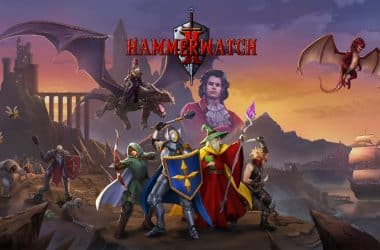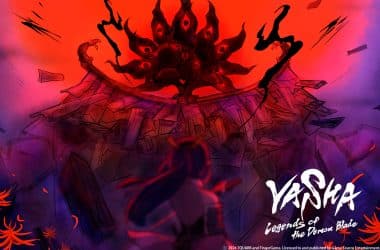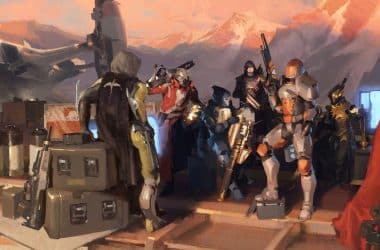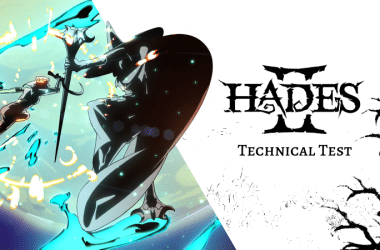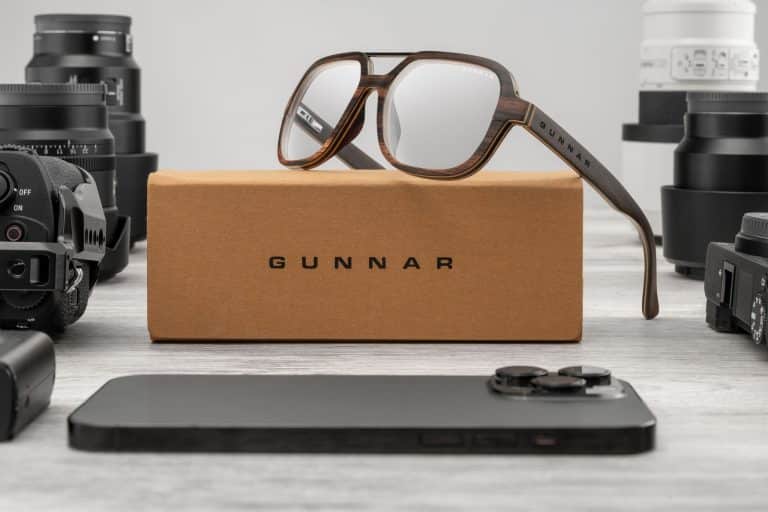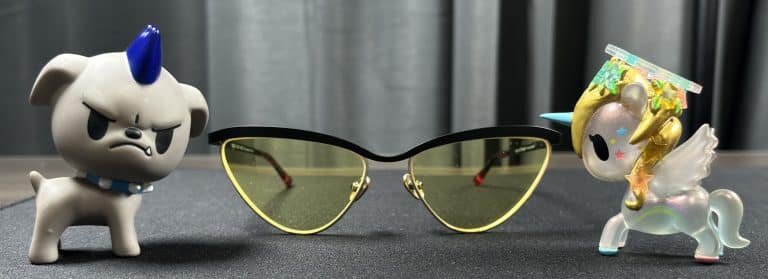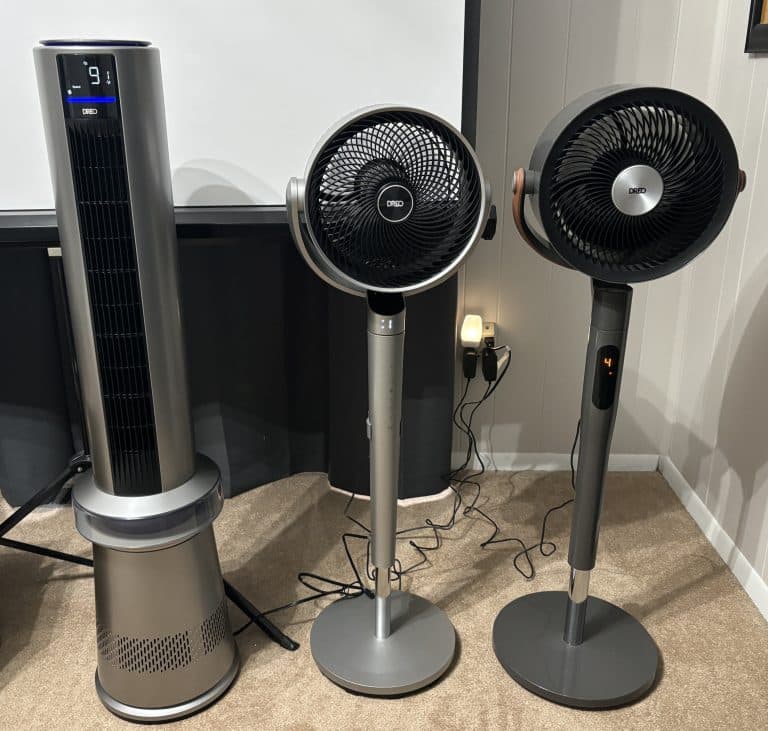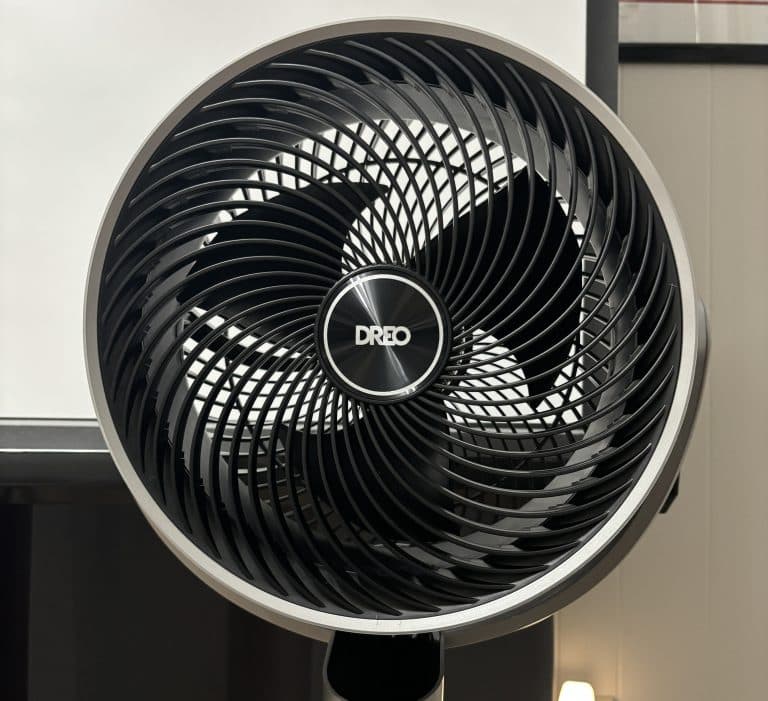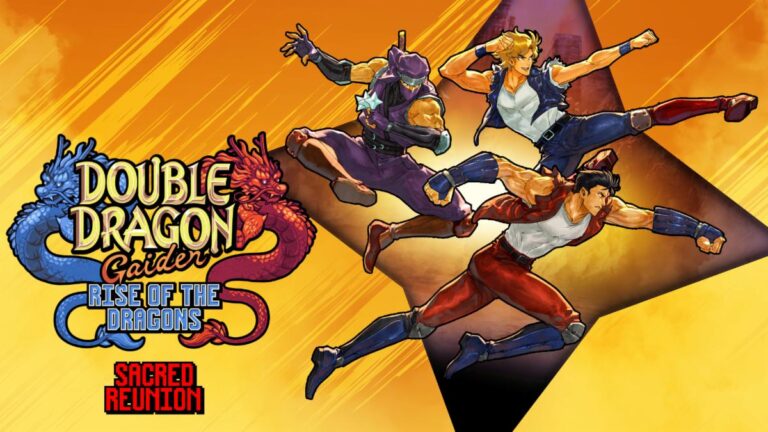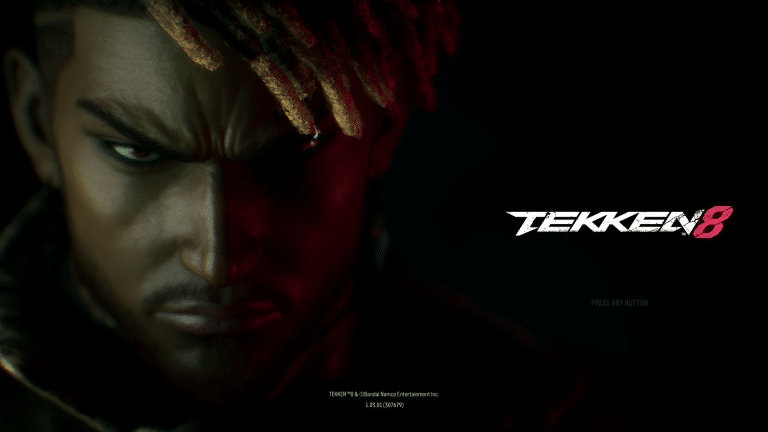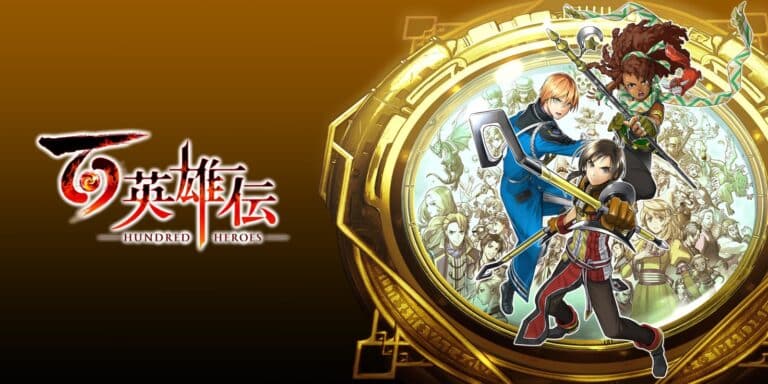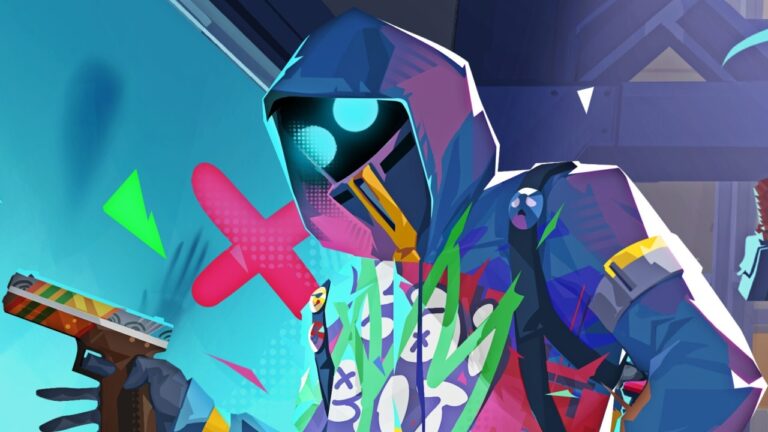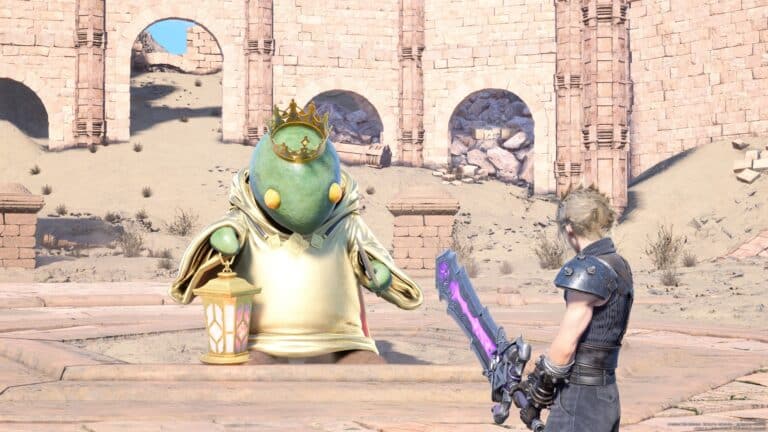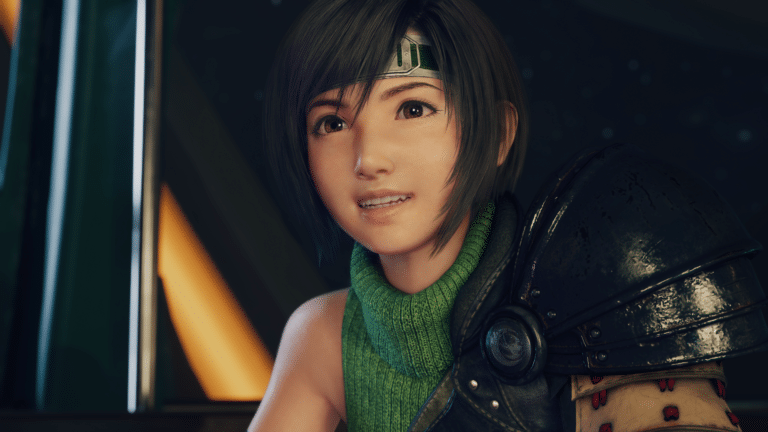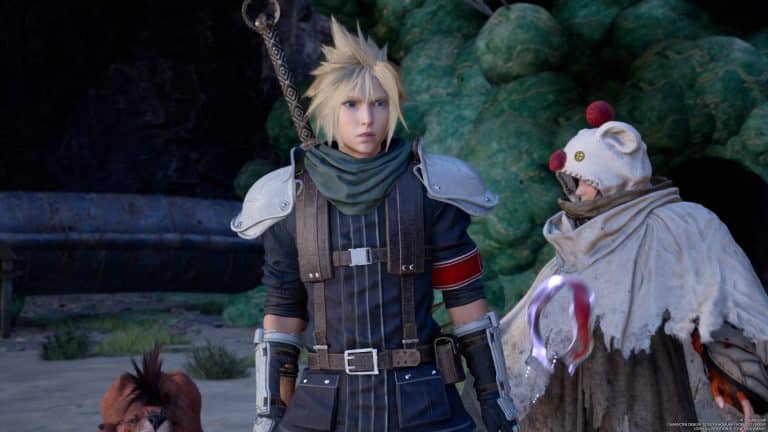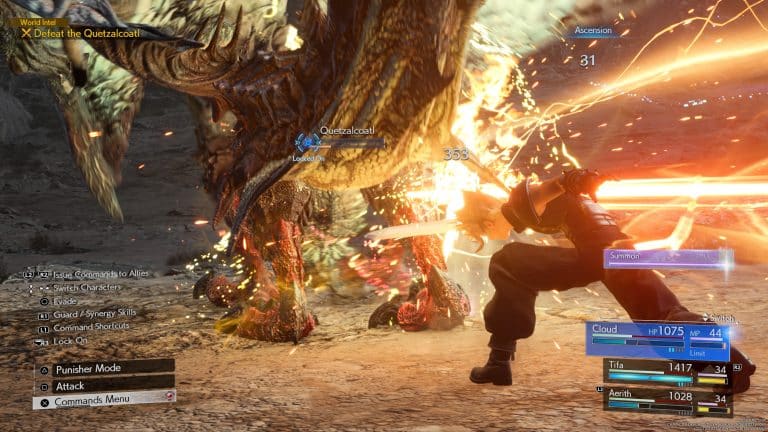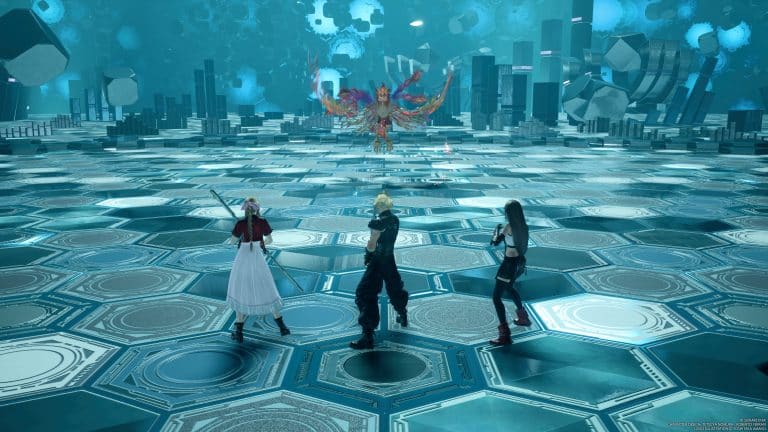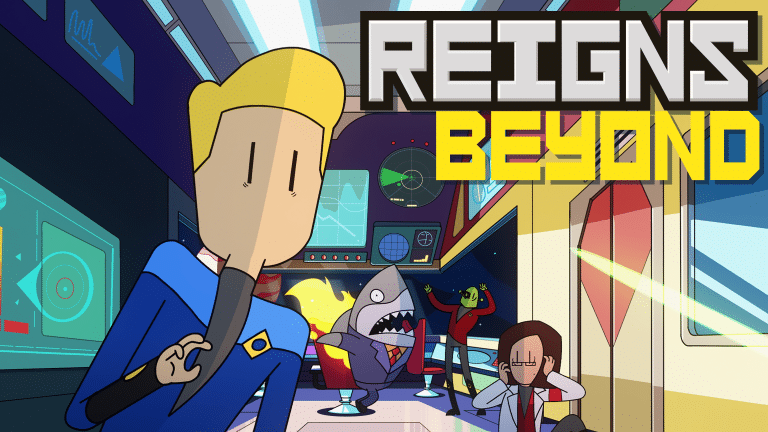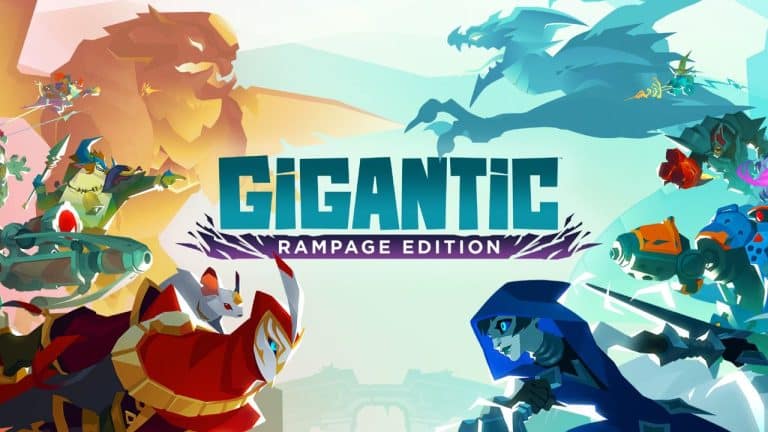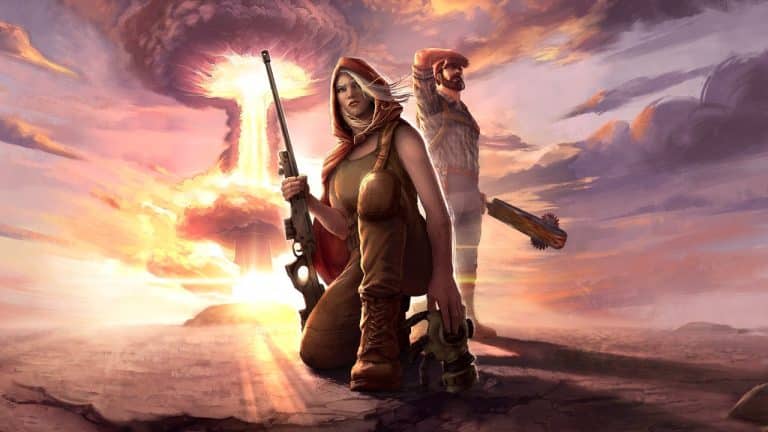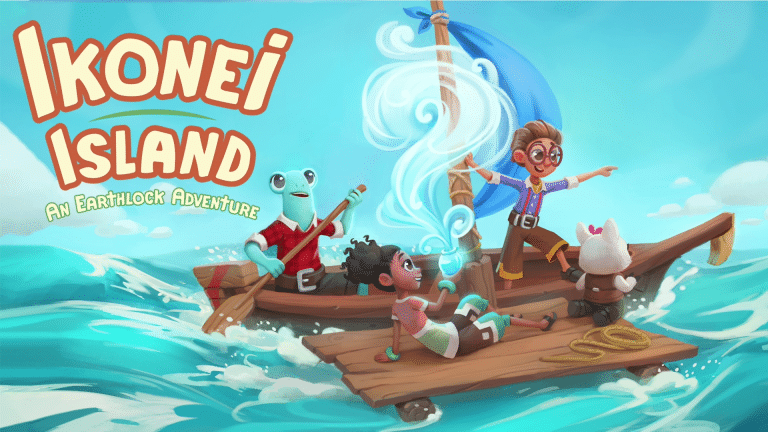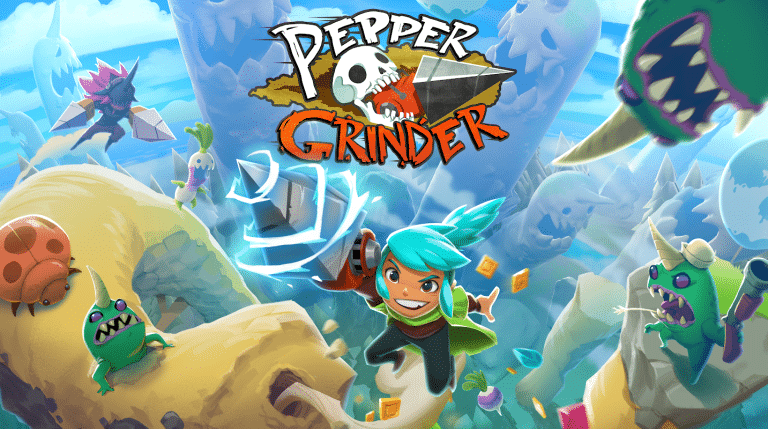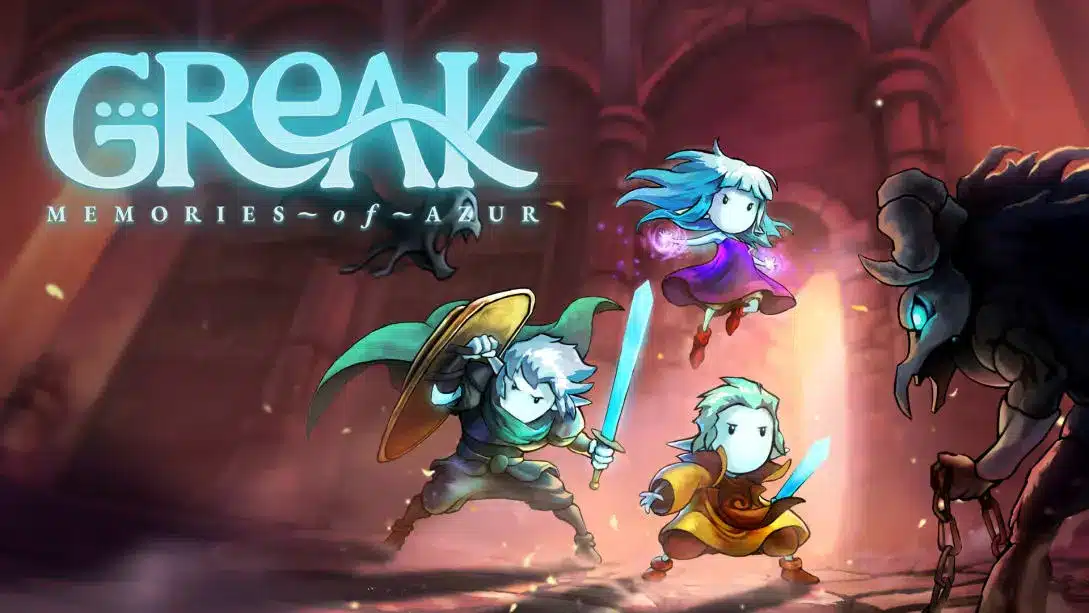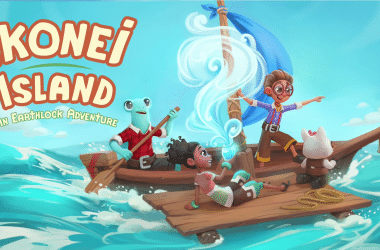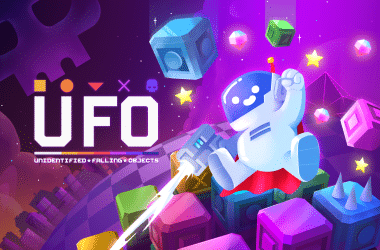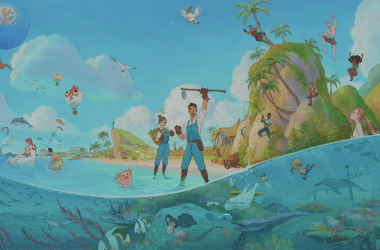One of the biggest struggles for anyone looking to stand out is innovating the right way. At this point, so many games check the same boxes, largely due to these being the best ways to do things. There is a reason many of the iconic games from the past are also very simple and many titles from Sega Saturn and other more experimental periods are generally left behind. This is what I thought about a lot during my playthrough of Greak: Memories of Azur. Controlling multiple characters in a single player game sounds neat, with nice art to boot, but does it add enough to justify the experience?
Greak: Memories of Azur has a relatively straightforward story. Players start by controlling Greak, a young Courine, living in a small village attacked by a hostile force known as the Urlags. While the village is able to fend off the forces and fight, they slowly start working on an arc to escape the war-torn land of Azur. With things getting more problematic and construction underway, Greak sets off on a quest to find his sister, Adara, and brother, Raydel, so they can escape the Urlag invasion together.
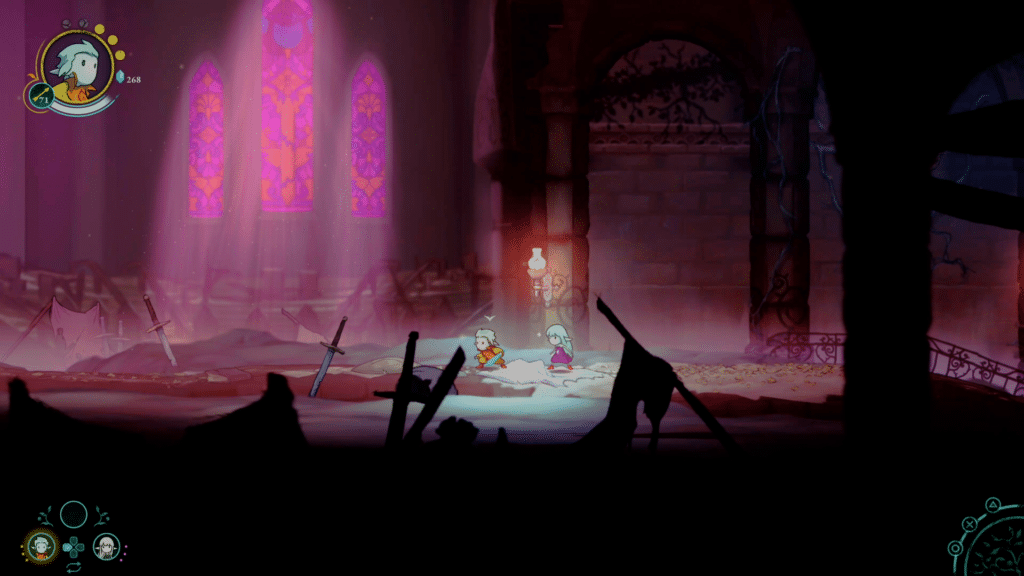
Tells a story of war and family
Most of this story is told through a small number of scenes, with a couple of nice animated sequences, but don’t expect an in-depth look or rich lore. Most of it is honestly framing that explains why Greak needs to obtain this or find that. As players progress, there are side quests and optional content that adds a bit of world-building, though it really isn’t much and struggles just like gameplay.
The simplest way to explain Greak: Memories of Azur is that it’s a multiplayer puzzle game that is single-player. At first, the issues aren’t apparent. Greak is pretty self-sufficient, in that he has good attacks and most of the puzzles are getting to this or turning that.
When players unlock Adara, she adds a number of different things. She has a floaty jump, making it easier to reach certain places, along with a ranged attack. Adara is good for a lot of things, though small enemies that rush are hard for her to hit and her jump can cause some issues.
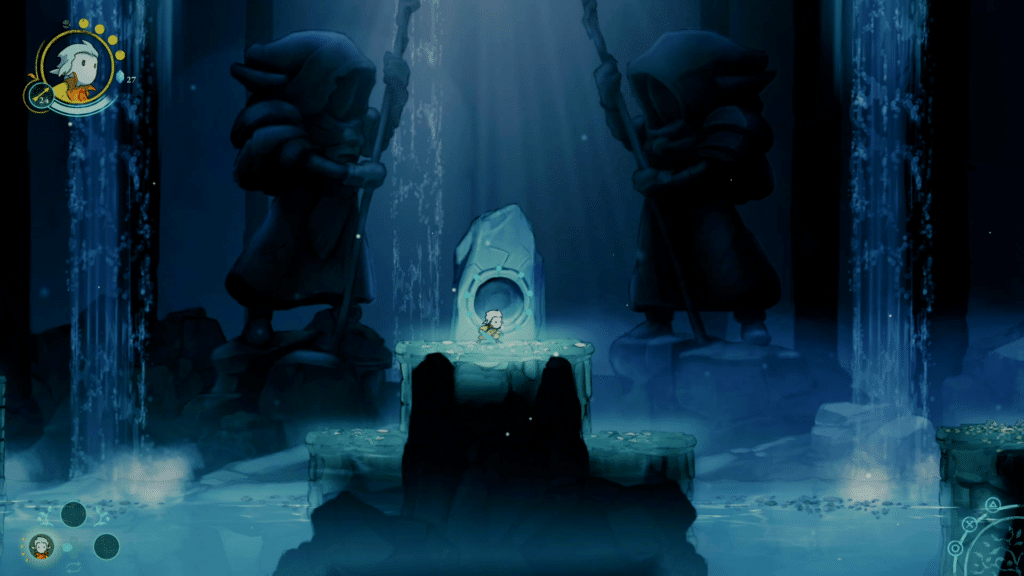
At this point, players are introduced to the core mechanic of Greak: Memories of Azur. Players control both Greak and Adara, with that expanding to Raydel later in the adventure, through a series of commands. There is a follow button, to tell the non-player controlled character in range to follow, along with a button to control all characters at the same time, plus a dedicated button to switch to each family member. Unfortunately, there isn’t much in regards to AI, just some basic coding that allows players you’re not in control of to fight against dangers that appear over time.
Where this starts to get tiring is the extra characters feel like a pointless gimmick. Instead of doing something unique with the characters, Greak: Memories of Azur simply makes puzzles more tedious. For example, in the first area, Greak can turn a wheel and it opens a door; but in the second area, one character needs to hold the wheel, followed by the other running past the door to another wheel that needs to be held.
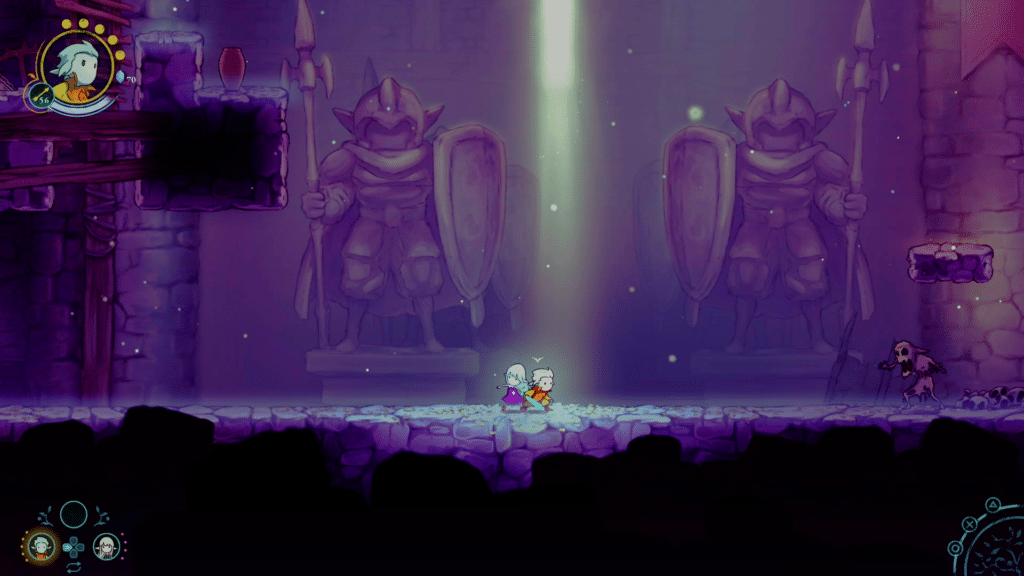
Lovely visuals that make each location stand out
Almost every section involves the same gameplay loop. Both characters need to do something specific to get to a new location where another specific thing needs to be done. It gets tedious controlling two or three characters in the way described above, especially when other games have handled this issue in a more elegant way.
EA corrected this by giving A Way Out and later It Takes Two something called a “Friend Pass.” Instead of relying on both players to decide they want to invest in a title, one can buy the game and let the other play for free. Now, more complicated puzzles can be added, due to two or more characters being controlled at the same time, along with removing that tedious feeling. I don’t mind a friend lifting me up to pull a switch or me holding the boss as they shoot, because I only need to do one of these things. With Greak: Memories of Azur, I need to get both characters in place, control one to get to the switch, and then control the other to get up the ladder the other one dropped to reach the same point.
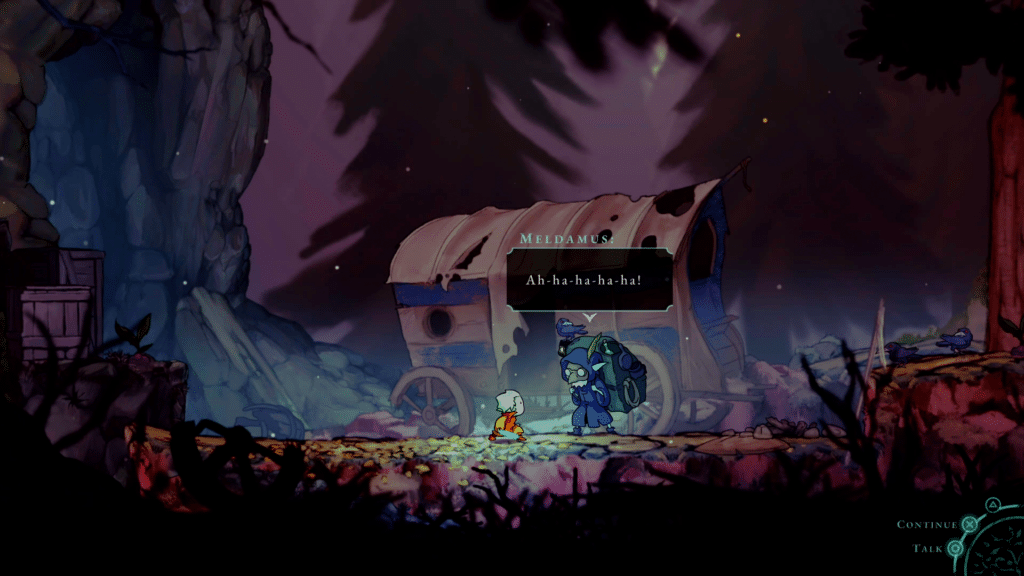
The experience honestly drops further when Raydel is unlocked for exactly this reason. He appears just before the end, doesn’t have the ability to swim, with his main benefit being a hook shot that is dodgy at best and shield to fend of lasers. But, instead of feeling like a welcome addition, it feels like puzzles take another detour on a trip that is already too long.
This is basically all Greak: Memories of Azur is doing. Initially, Greak can complete a jumping puzzle, turn a wheel, and exit. When Adara is unlocked, both characters need to complete the jumping puzzle, with one turning wheel A and the other turning wheel B on the other side of the door. With Raydel, all three need to complete the jumping puzzle, though Raydel gets a different version that uses his hook shot to reach a bell to open a path for the other two, that ends with a laser he needs to block so one can turn the wheel A and the other grab wheel B for the trio to escape. I know that sentence is a mouthful and that is kind of the point.
I wouldn’t mind if Greak: Memories of Azur removed the family mechanics and simply embraced Greak becoming Link. Not only would this allow for more creativity, as now Navegante wouldn’t need to figure out a use for each character to justify the mechanic.
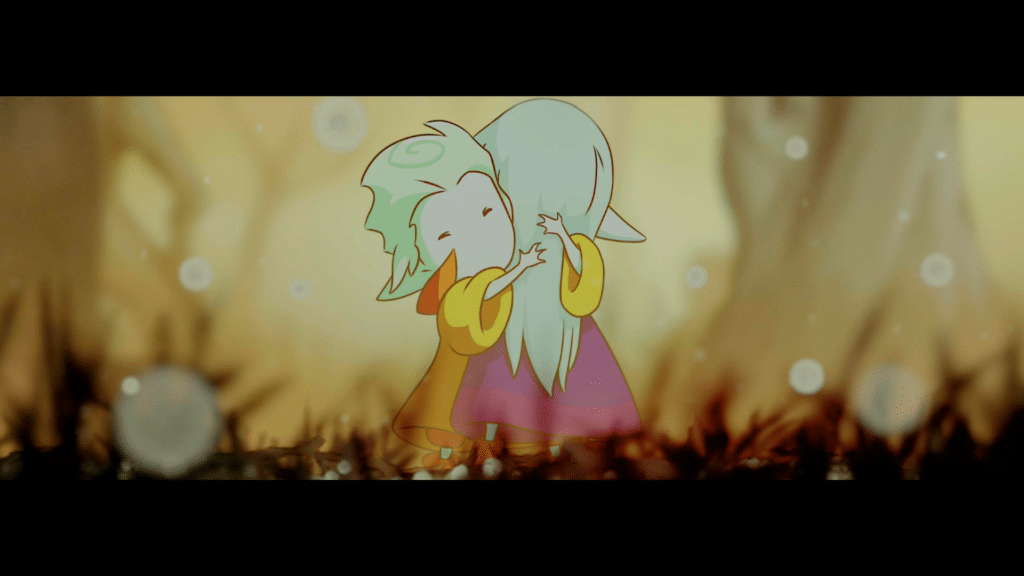
While I spent a lot of time talking about puzzles, combat isn’t much better. It’s floaty with enemies that respawn rather frequently. They’re not too bothersome to deal with, at most you’ll take damage to something cheap and heal eating a berry, it’s bosses that cause issues.
Since you need to control each character in Greak: Memories of Azur, this includes multiple characters during a boss fight. If any of them get defeated, you lose, making the stakes high. Despite it being cool to unleash a three-character assault on an overconfident Urlag, it can be a struggle to dodge. With all three characters having their own mechanics, such as jump, players need to account for these differences and find the correct placement/timing for two or three different characters. Due to this, some of the bosses can be fought solo, something I elected to do whenever possible.
Greak: Memories of Azur Review Verdict
Greak: Memories of Azur : An interesting idea and lovely art simply aren’t enough to make up for Greak: Memories of Azur’s main issues. For a game that can be completed in three hours or less, which there is a trophy/achievement for doing, it’s impressive how tedious everything felt. It isn’t even just the puzzles or combat, even basic things like one part you need to deliver a letter. A simple task that is very easy to do. If the character holding the letter doesn’t approach the recipient and start the conversation, it can’t be delivered. Nothing is as simple as it should be and there isn’t enough here to justify the time. – Grant
[Editor’s Note: Greak: Memories of Azur was reviewed on PlayStation 5 and a copy was provided to us for review purposes.]


